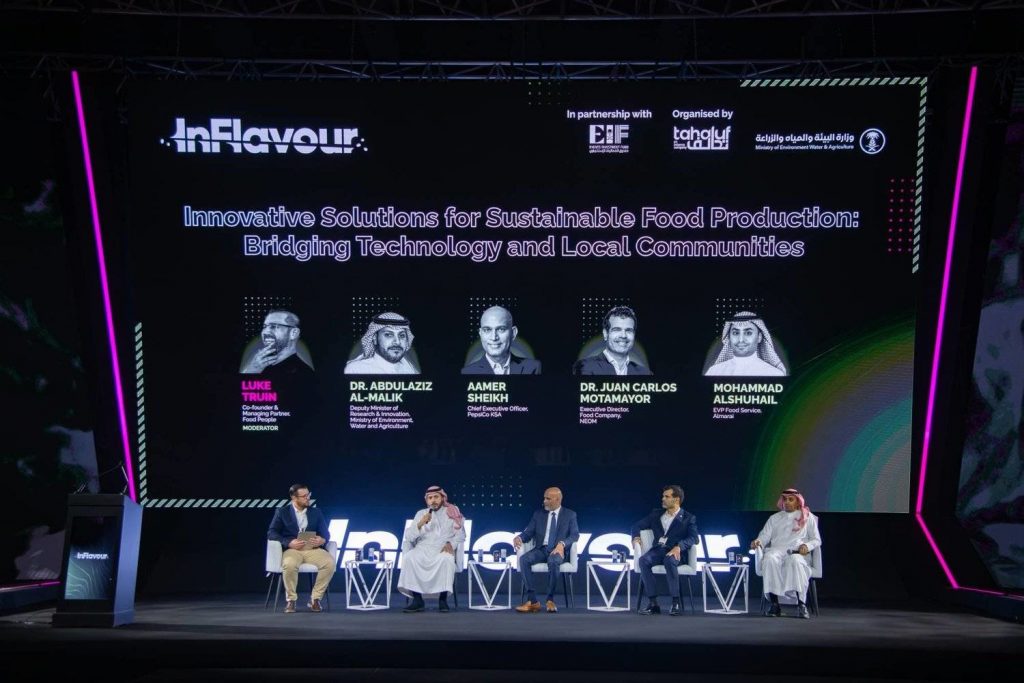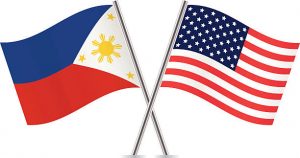by Atty. Hj. Abdul Rahman R.T. Linzag*
The Islamic Da’wah Council of the Philippines (IDCP) which is a federation of more than 90 Muslim religious organizations in the Philippines organized in the different municipalities and Muslim communities in the Philippines, have started to formulate its rules and procedures in conducting verification and validation of halal claims including the setting up of standards on halal certification since 1987 or there about.
Established and registered under the Philippine Securities and Exchange Commission (SEC) on January 4, 1982 by nine (9) member organizations, the IDCP was the first and pioneer Da’wah organization in the Philippines . Most of the founders were members of the Converts to Islam Society of the Philippines (CONVISLAM)- the first registered Muslim religious organization in the Philippines (1953)- heralding the truth of Islam, headed by a former Christian religious leader, Lauro de Leon (Imam Moh’d Al-Lauhe de Leon). IDCP suddenly grew to a 72-member organization in the span of ten years. As of now the IDCP has more than 90 member organizations nationwide.
The population of the Philippines is estimated at 101,802,706 in early 2015. Muslims form 5% of the Philippine population, while the rest of the general population are mostly Roman Catholic (84%) and Protestant (8%).
Halal Certification in the Philippines has been a useful tool in helping the Muslims in the Philippines identify products that are acceptable for use and consumption of the Muslims in the midst of intricate and diverse production of various processed foods most of which are produced by company owned and operated by non-Muslims.
It is difficult to impose halal standards and procedure to the manufacturing and food processing industry in the Philippines, being a non-Muslim country, for a simple reason that since halal process is basically rooted as a religious requirement for Muslims.
The government could not accept its rules without violating the separation of the Church and the State which is enshrined in the Philippine Constitution.
Therefore, halal certification is left to us especially the IDCP which is a non-government organization which is purely voluntary on the part of the manufacturing companies.
Halal Certification is a certification of religious compliance on the halal requirements of a Muslim individual.
Except in a purely Islamic state, halal certification comes as a purely voluntary device which a company may avail generally as a marketing tool to give them a marketing advantage over other products.
On account of this situation, it was always difficult for the IDCP in the Philippines to require companies to enforce its regulations and standards on the manufacturing companies who, in general, would prefer to come to a halal certifying body which do not have stringent requirements preferably one which could easily issue halal certification even without proper verification of the product.
As a matter of fact, was it not for the requirements of Muslim countries governments and individuals to accept products only when they have a proper halal certification, these manufacturers and food producers would not actually take the trouble of even inviting any Muslim individual or group to their manufacturing premises.
It was only in 1995 or there about that some companies started knocking at the door of the IDCP for the halal certification of their products more specifically on products that are exported to Muslim countries such as Malaysia and Indonesia.
The IDCP is the pioneer of halal certification in the Philippines and which, during the late 80’s have already been working for technical researches and development to standardize halal certification according to the various kinds of products that need halal certification.
Philippines was an agricultural country for many years but unfortunately, it has not produced sufficient meat products and livestocks that can supply foreign markets in comparison with other countries such as Australia and New Zealand.
Some misconceptions on halal certification:
Generally, Islam is a misunderstood religion and halal certification has some many misconceptions not only among the non-Muslims but even among us Muslims. Some of these misconceptions are:
1. That halal certified products are only for Muslims;
2. That when the non-Muslims takes halal, they will become Muslims;
3. That only the Imams can issue Halal Certification.
4. That animals slaughtered by Christians or Jews, which is allowed in the Qur’an can also
be certified as halal.
5. That halal food can only be produced by Muslims and many others
These are some of the misconceptions on halal certifications, but of course, the proper way to understand halal certification is to know the meaning and significance of the word “beyond reasonable doubt”.
The role of a certifying body is to determine whether a product that he is about to certify is composed of all the raw materials, processing aids including the packaging are of halal origin and processed without the possibility of contamination by non halal or haram material or ingredients and that he is convinced this is so beyond reasonable doubt.
Membership :
1. The IDCP is a member of the world halal council (WCH) , regional Islamic Da’wah Council of Southest Asia and Pacific ( RISEAP) and the World Assembly of Muslim Youth (WAMY).
2. IDCP is also recognized in Malaysia, Indonesia, Singapore, Thailand, United Arab Emirates and all other Muslim countries and countries and communities.
3. Coordinator/ Counter part of Muslim Aid London.
The products therefore of the Philippines are mostly processed food and even processed meats in addition to agricultural products such as coconut oil and sugar.
Problems encountered by a halal certifying body:
Most of the problems encountered by the halal certifying bodies are:
1. The full cooperation and disclosure of the company of the various ingredients on their products.
2. The credibility of other certifying body in other countries which certify some raw materials or ingredients being imported to the Philippines either as raw materials or ingredients for a product to be certified by IDCP. Some of these products are known to be manufactured in countries where there are no certifying bodies but certified by a trading company located in another country who actually sells the product to countries that ultimately manufactures them.
3. Some certifying bodies will also issue certification to products even if they do not understand the procedure on how the products were processed and what raw materials were used, what clarifying agents were used, preservatives, enzymes and others.
4. Some certifying bodies also rely on laboratory test of the finished product and they will certify even if they have no authority from the actual manufacturer of the product.
These are some of the problems encountered by credible certifying bodies and which the World Halal Council is trying to narrow down on its members.
Since Halal Certification is now considered a certification of quality, we therefore highly recommend that Muslims should continue to demand for a halal certified products because non certified products are definitely doubtful and only a credible certification can remove that doubt and to keep us away from non-compliance to the guidance of Allah Subhana Wata’ala. (T/IBI/P3)
Mi’raj Islamic News Agency (MINA).
 * Lawyer Abdul Rahman Linzag is president and CEO of the Islamic Dawah Council of the Philippines (IDCP)
* Lawyer Abdul Rahman Linzag is president and CEO of the Islamic Dawah Council of the Philippines (IDCP)



